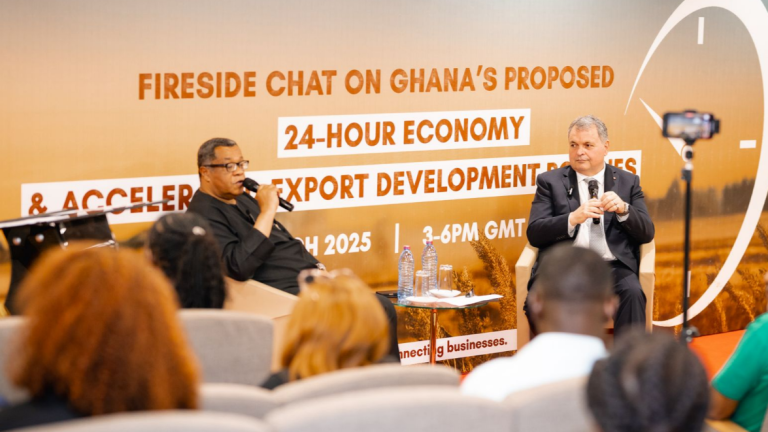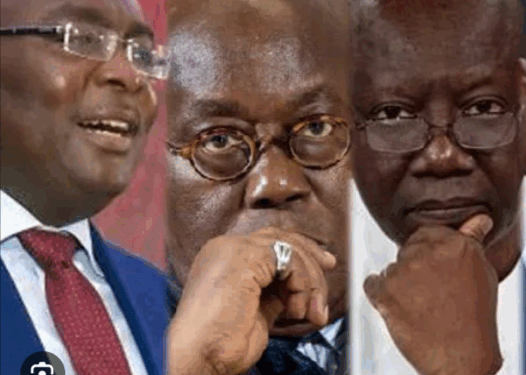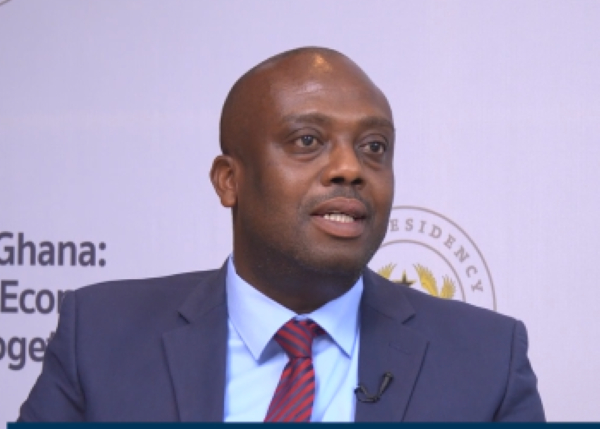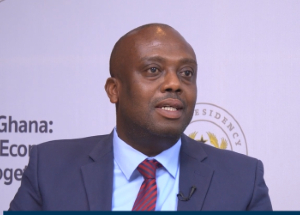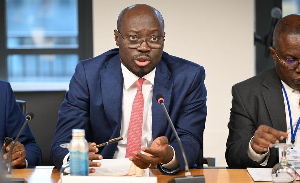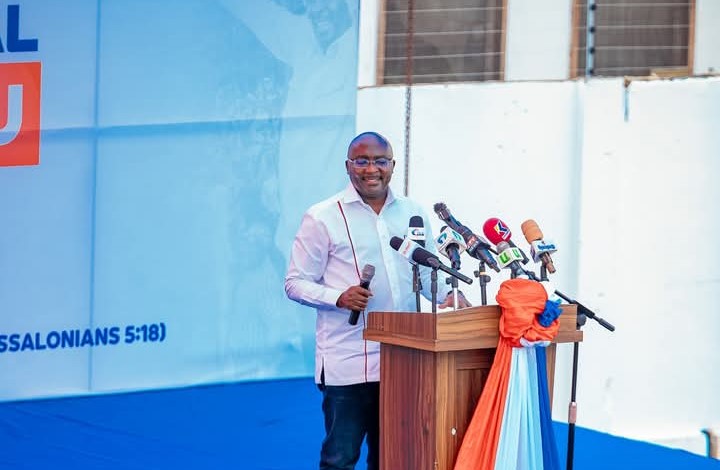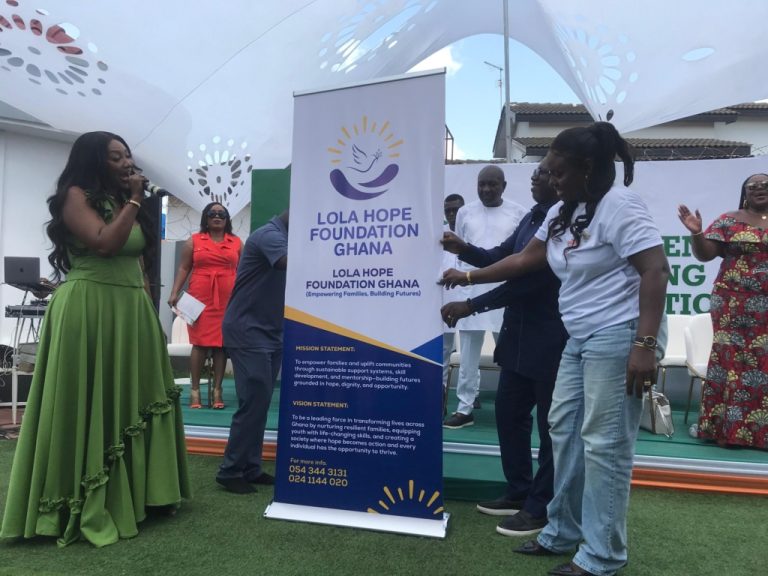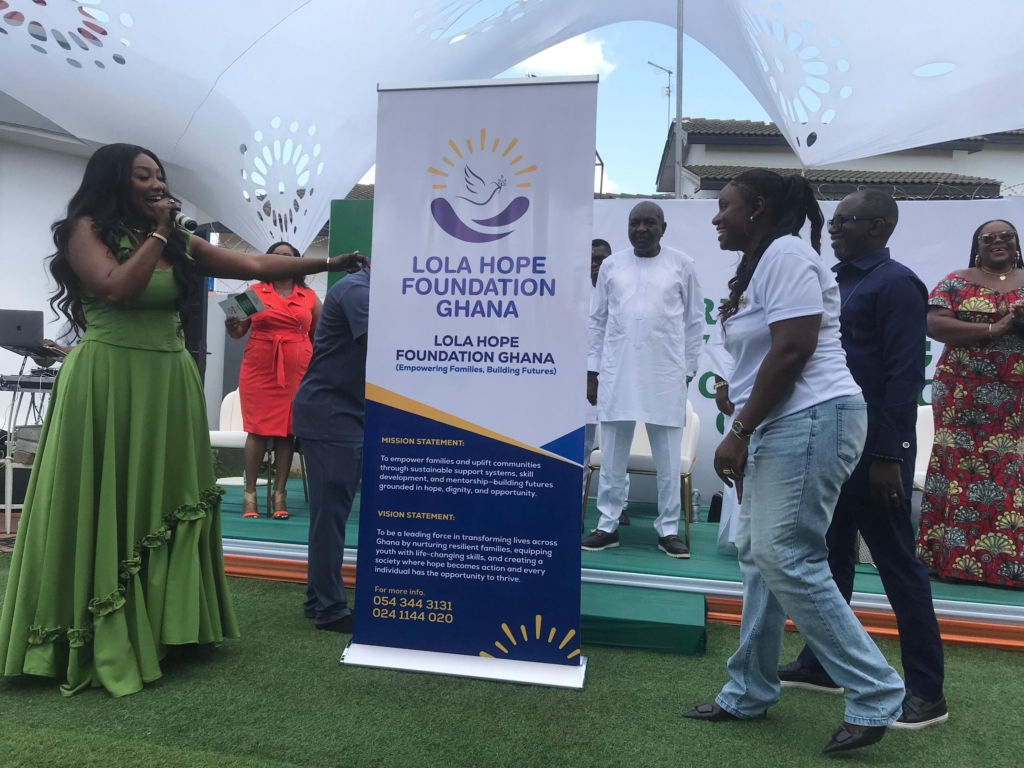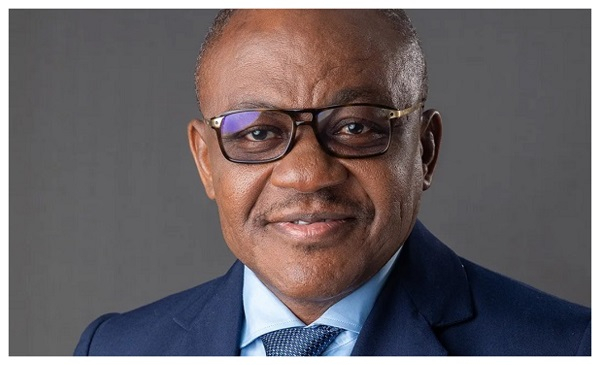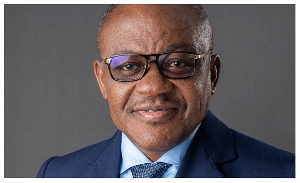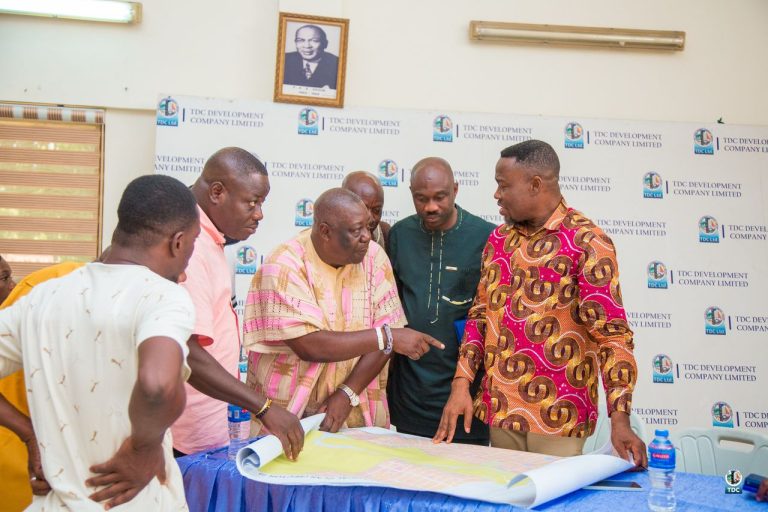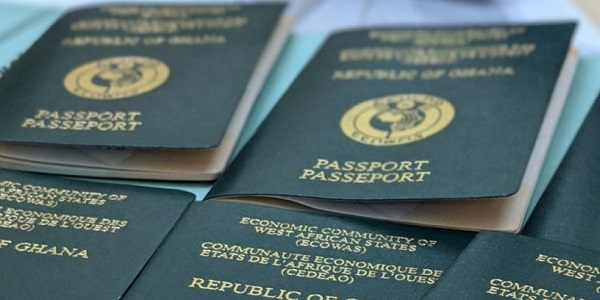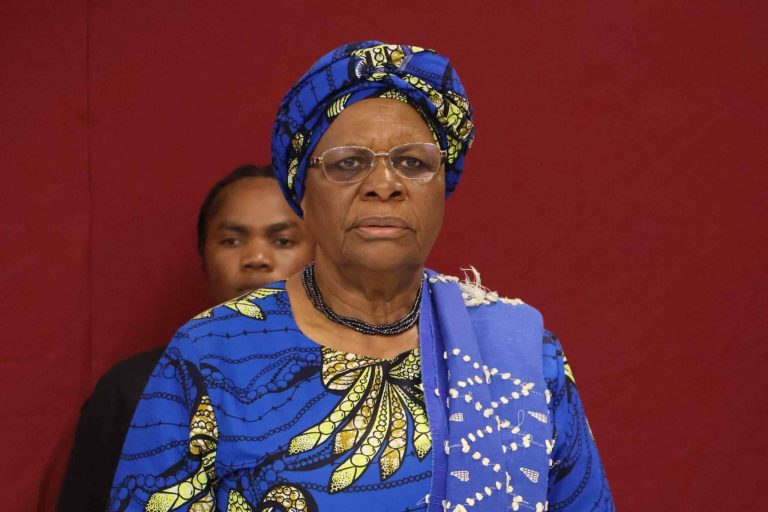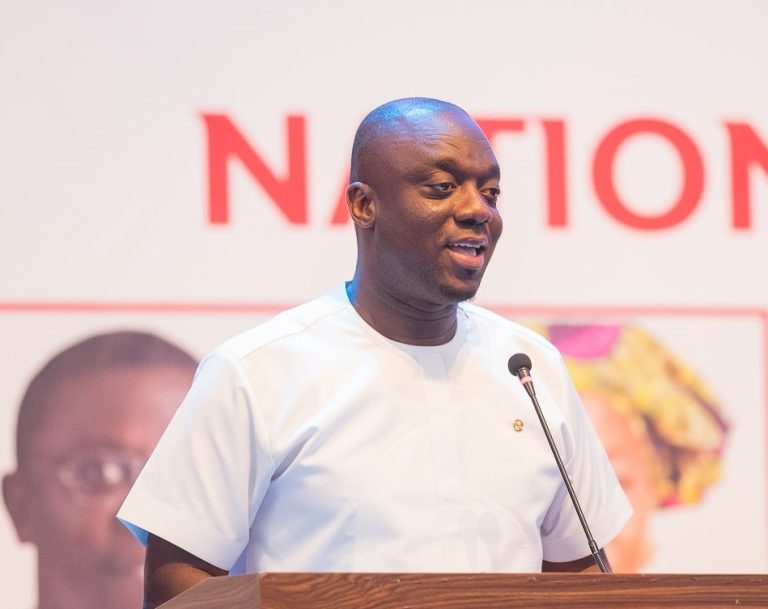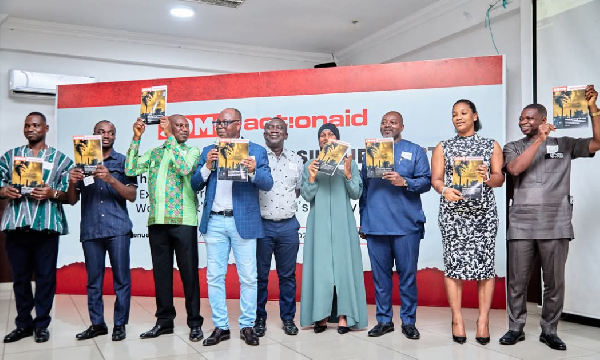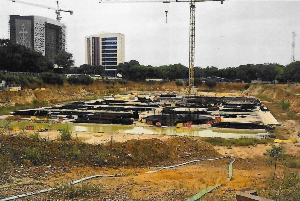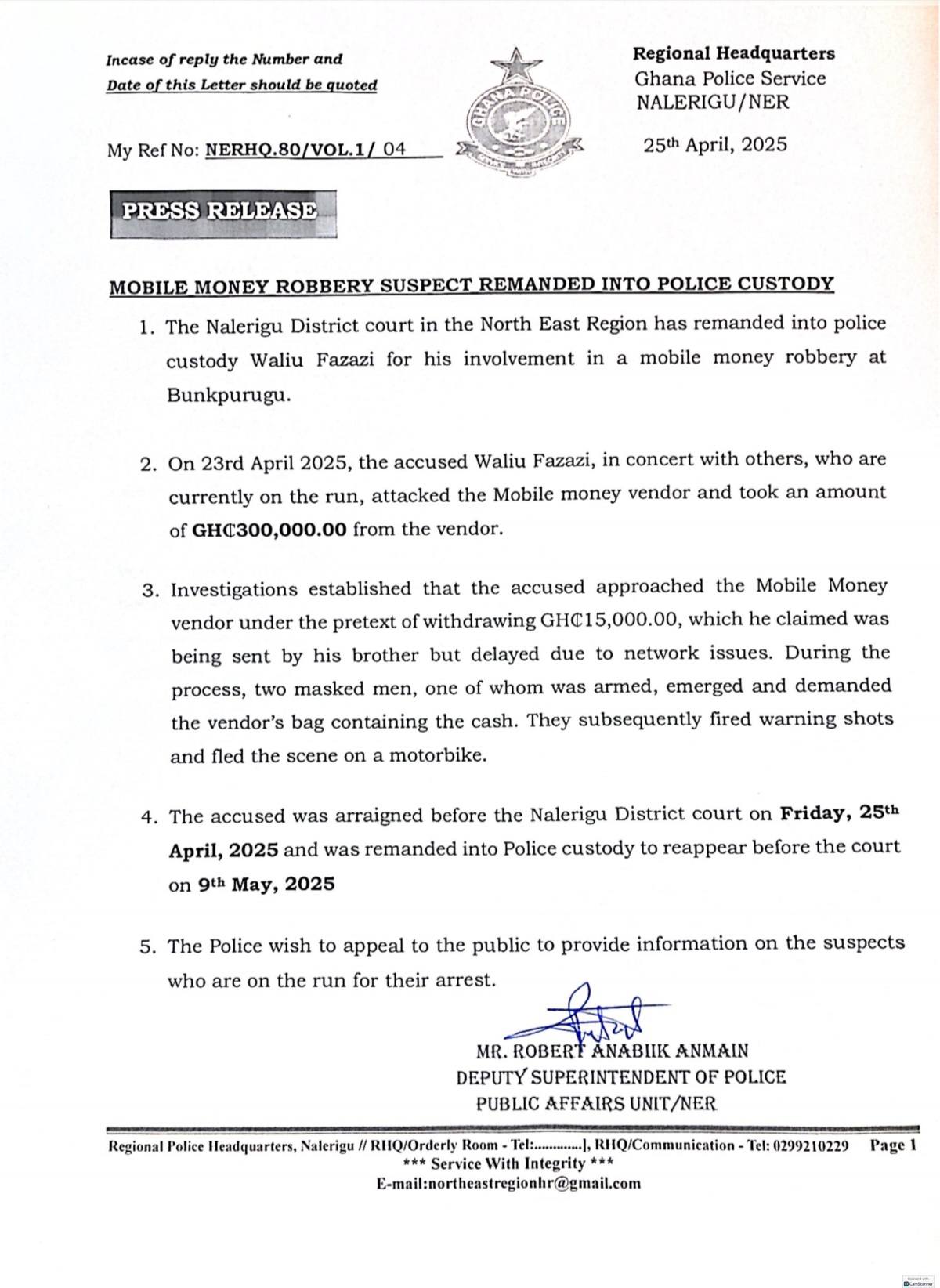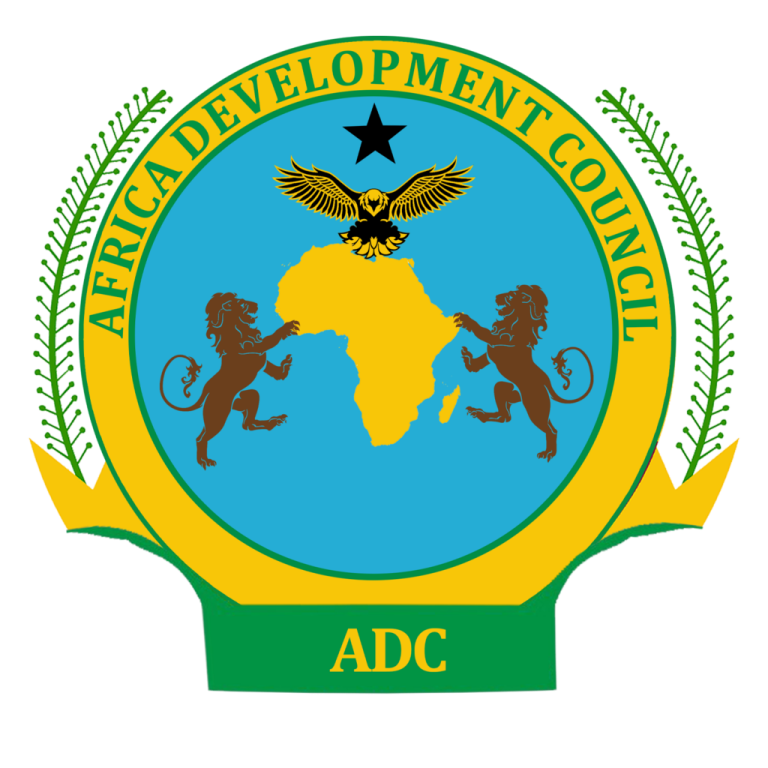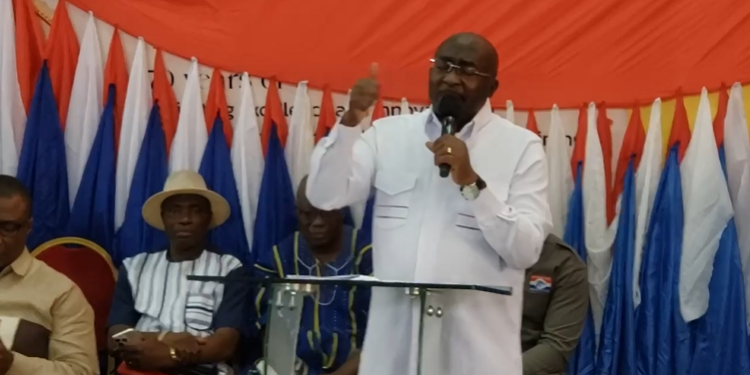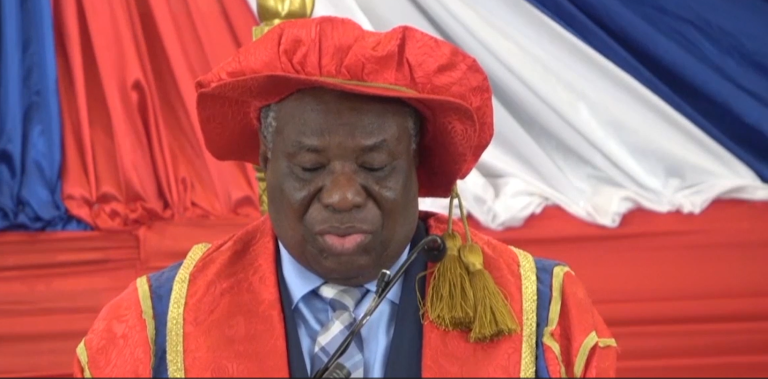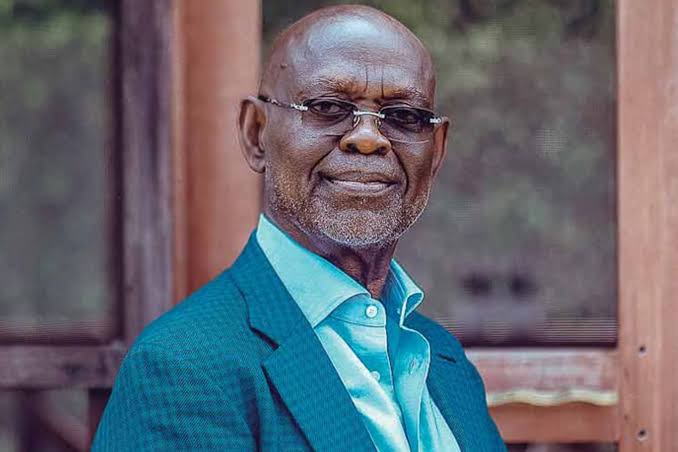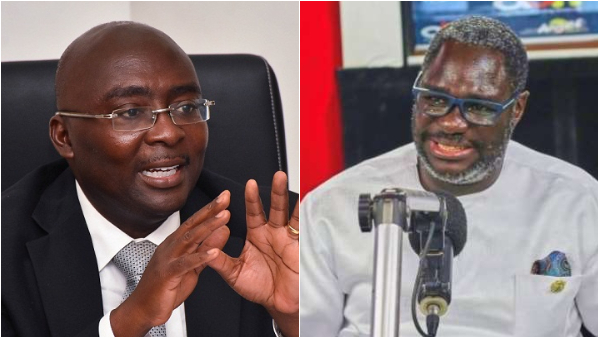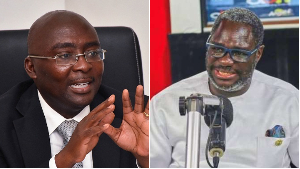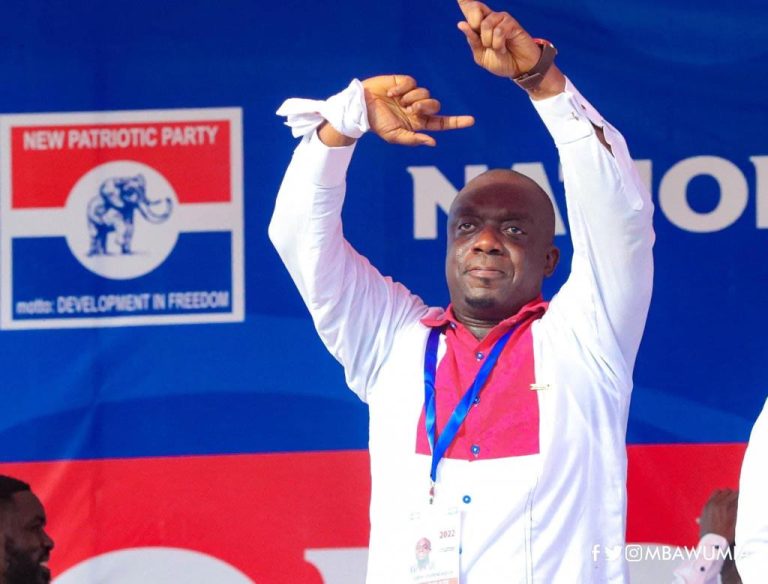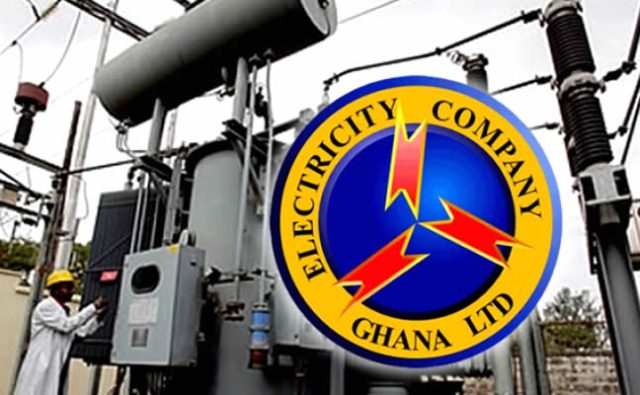The Presidential Advisor on the 24-Hour Economy and Accelerated Export Development Programmes, Mr. Augustus ‘Goosie’ Tanoh, has urged Ghanaian exporters to position themselves for international markets by meeting required standards.
Speaking at the UK-Ghana Chamber of Commerce’s (UKGCC) Forum held at CalBank PLC’s Head Office on “Ghana’s Proposed 24-Hour Economy and Accelerated Export Development Policies,” Mr. Tanoh explained, “The international market is looking constricted by the day. There’s a net benefit for Ghana, and we can take advantage of that, but how long that will stay is a matter of conjecture.”
According to him, the current uncertainty in global trade casts doubt on whether some trade agreements with Ghana—such as the African Growth and Opportunity Act (AGOA), a U.S. law enacted in 2000 that provides preferential access to the U.S. market for certain goods from eligible Sub-Saharan African countries—will remain in effect in 2026.
He also pointed out that the growing relationship between the European Union, the United Kingdom, and the Southern Common Market (MERCOSUR), a South American trading bloc, could threaten Ghana’s ability to sustain exports to those regions.
Mr. Tanoh therefore believes that Ghanaian exporters must be ready to take advantage of the opportunities these trade uncertainties present, while also avoiding potential pitfalls through the 24-Hour Economy programme.
“If we are going to be export competitive, then we must be price competitive. Part of the technology adaptation programme for industry that is embedded in the value chains of the 24-Hour Economy programme is to get us to become more precise and more quality-driven—to make ourselves not only volume ready, but quality ready—so that despite whatever barriers [trade partners] put in, we would be prepared to penetrate that market.”
He further encouraged exporters to focus on products where they have a natural competitive advantage. “Those are the things that we need to pursue, perfect, and incentivise,” he remarked.
The UKGCC organised the forum in response to concerns raised in its 2024 *Business Environment & Competitiveness Survey Report*, published with support from the United Kingdom government’s Jobs and Economic Transformation (JET) Programme and Palladium Group.
Speaking at the forum, Eugene Sangmortey, Team Leader of the Ghana JET Programme, said the UK Foreign, Commonwealth & Development Office (FCDO), in partnership with Ghana’s Ministry of Trade, Ghana Investment Promotion Centre, Ghana Standards Authority, and Palladium International, is supporting the Government of Ghana and the private sector in addressing key constraints in the business environment to drive growth.
“Our mission is to contribute to improving the chance of a better life for Ghanaian citizens by supporting economic transformation and the creation of quality jobs in up to five of the Government of Ghana’s strategic manufacturing sectors, which are textiles and garments, agro-processing, pharmaceuticals, automotive, and light manufacturing. JET aims to spur £120 million in investments, driving frontier shifts and innovation within the priority manufacturing sectors, thereby contributing to the creation of at least seven thousand jobs,” Mr. Sangmortey said.
The 24-Hour Economy Policy: Beyond the Night Economy
According to the 24-Hour Economy Secretariat, the policy is an economic transformation initiative aimed at significantly reducing Ghana’s import dependence and vulnerability to external shocks. It also seeks to integrate value chains, boost the volume and quality of production, build stable production surpluses through effective marketing, and improve production attitudes and relations.
The policy further aims to optimise digitalisation of production resources—including human labour, natural resources, and capital—to achieve high productivity, shared prosperity, and balanced lives.
Abdul-Nasser Alidu, Head of Strategy, Programme Development, and Execution at the Secretariat, noted, “This is where, perhaps, the 24-Hour Economy comes in.
‘You are looking at optimising productivity and the use of all the resources that we have. Think of it as not having any idle capacity; making sure we utilise all the 24 hours within the day.”
Private Sector at the Centre of the 24-Hour Economy
The Secretariat plans to implement seven sub-programmes in partnership with the private sector. One of these is a value chain financing programme designed to ease access to finance.
“We recognise that access to finance is a major constraint to business growth in Ghana for two reasons: the cost of accessing finance is extremely high, and the requirements for collateral make it difficult for those who would otherwise be able to access funding.
“The idea is to build a financing programme that allows businesses to access funds at a reduced cost by working with partners to remove structural barriers,” Mr. Alidu shared.
Mr. Tanoh also emphasised the need for transparency and trust within the private sector as vital to the success of the programme.
“I think transparency is very important because without transparency, trust is very difficult to establish and to maintain. The 24-Hour Economy programme is a private sector programme. We want our economy to grow and be stable.
“We want the private sector to assume its proper role as a generator of wealth for the majority, and create jobs for the currently unemployed, the vulnerably employed, and for those about to enter the job market.
We are raising money to support the private sector and with the commitments we have, it’s fully understood that the programme is going to be private sector-led and the protocols that will guide it are going to be designed together with the private sector and the onlending institutions,” he said.
The UK: A Strategic Trade Partner in the 24-Hour Economy
According to Mr. Alidu, the Secretariat is engaging development finance institutions, including some based in the United Kingdom, to secure long-term, concessionary financing for the programme.
Mr. Tanoh urged the UK to view Ghana and West Africa as viable markets to stimulate growth in the UK as well.
“There’s a lot happening that we need to tap into and that requires a qualitatively different intervention in terms of FDI to support some of these initiatives in the agriculture and manufacturing value chains that allows us to grow together as nations who have a historic affinity.
There is historic opportunity to expand trade, grow trade, and also invest in the capacity that Ghana offers—not just in technology, but in terms of basic goods and services, consumer goods, and consumer durables that potentially can supply the world and supply West Africa.”
Steven Gray, OBE, the UK Export Finance West Africa Regional Representative and a member of the UKGCC’s UK-based Advisory Board, responded by acknowledging the shared values between the two countries.
He revealed, “The United Kingdom government is going through a consultation process on its new Africa approach, which could be announced later this year, to change the relationship from donor-recipient to equal partner.”
Mr. Gray called the process an exciting opportunity and encouraged stakeholders to submit feedback through the British High Commission in Accra.
The forum also covered the principles of operation of the 24-Hour Economy Secretariat, pillars of the proposed transformation policy, potential institutional and legislative reforms, and the roles of foreign investors and state institutions like the Ghana Standards Authority and the Ghana Export Promotion Authority.
Mr. Tanoh addressed questions from business representatives on the government’s efforts to reduce manufacturing inflation and improve exports to West Africa. Attendees also encouraged the Secretariat to set benchmarks, ensure accountability, and promote Ghanaian equity funds to support local investment.
